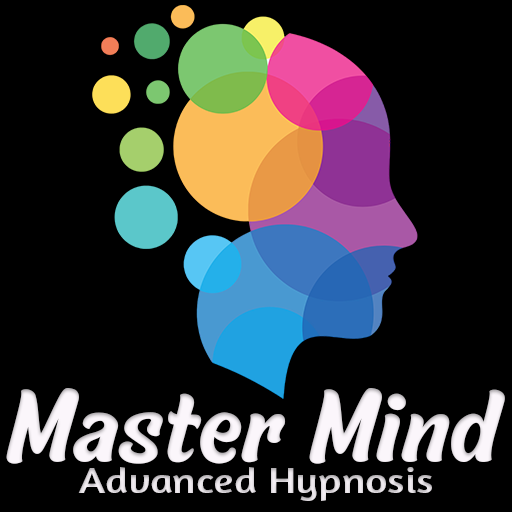A growing number of people have been opting for clinical hypnotherapy as an alternative treatment, especially when it comes to treating mania which often displays itself in the form of depression. It is a natural, short-term treatment focusing on solutions. Accessing the subconscious mind it allows for both emotional and behavioral changes. Here, we explore the use of hypnosis for depression and how it differs from other types of depression treatments.
Understanding Hypnotherapy
Hypnotherapy is a therapeutic modality used by certified hypnotherapists. The individual is led into a deep state of relaxation, lowering inhibitions and receptivity to suggestions. In this deeply relaxed concentration, the hypnotherapist feeds back verbal suggestions to get these subconscious thoughts that may have contributed to their psychological or behavioral disorder and help them resolve it.
Hypnotherapy and Depression: The Connection
Unlike usual depression therapy, hypnotherapy works to resolve and convert problematic states of mind outside normal conditions. One important area where hypnosis can be most effective is in discovering subconscious reasons for depression, modifying habits, or enhancing the self-image and core identity.
The Subconscious Aspects of Depression
The causes of depression are often obscure, with people finding themselves unable to identify the actual reason. In circumstances like these, subconscious factors may be at work. The function of hypnosis is to highlight these subconscious elements.
In this quiet hypnotic state, people can remember past memories they had forgotten and discover patterns of unhealthy thinking, mistaken thoughts act biases. The therapist then helps the person to resolve these elements subconsciously and transforms emotion.
Addressing Depressive Behaviors
Occasionally depressive symptoms may be linked to behavioral factors such as diet, sleep, and exercise. If the client is agreeable, these issues can be worked on with the hypnotherapist. Sometimes, simple changes in behavior can help overcome depressive tendencies.
Improving Self-Image and Self-esteem
Depression may, to a certain extent, have self-image and low self-esteem as its cause or effect. Hypnosis can help people identify and challenge their mistaken beliefs about what they deserve, thereby cultivating self-esteem. Guided imagery, affirmations, and post-hypnotic suggestions can bring about this kind of change.
Depression and the Scope of Hypnosis
Most people who seek change are good candidates for hypnotherapy. However people with depression tend to have low self-esteem, so they may see change as hopeless. Hypnotherapy addresses this, and working with the person re-frames any doubts or hesitations that may affect its effectiveness.
However, being largely a solution-oriented treatment in itself hypnotherapy pays extensive attention to eliminating the subconscious causes of depression and not just treating the symptoms. Hypnotherapy may address causes related to:
Stressful life events
Grief and loss
Physical and emotional abuse
Addiction
Stress
Anxiety
Nutritional or exercise deficiencies
Hypnotherapy Sessions: What to Expect
A normal course of hypnotherapy treatment is generally short-term; clients attend 60-minute sessions each week for several months. The therapist induces a hypnotic trance during the session, drawing out deep relaxation and an alert awareness. The therapist then uses various techniques to relieve depressive symptoms and the root causes.
Hypnosis and Depression Management
The hypnosis treatment for depression takes an initial assessment, sessions, and aftercare. The therapist may ask the patient about his past and current experience with depression. Because depression is such a serious medical and psychological problem, the hypnotherapist will probably ask about previous or current treatments so that he can coordinate care with other providers.
The First Hypnotherapy Session
In the first session, the hypnotist uses a variety of techniques to relieve depressive symptoms and discover their sources. These may include:
Post-hypnotic suggestions
Anchoring positive resource states
Memory regression
Pattern interruption techniques
The effectiveness of hypnotherapy for depression
Lots of research studies say that hypnotherapy is a good way to treat depression. Others discovered that hypnosis improved symptoms of depression and constitutes a good alternative to drugs. With symptoms that include agitation and rumination, hypnosis could prove especially efficacious by reducing feelings of helplessness and hopelessness.
The Pros and Cons of Hypnotherapy in the Treatment of Depression
Hypnotherapy, just like any other therapeutic technique, has its good and bad sides. On the plus side, it is drug-free. It is safe and effective and puts power in people’s hands. On the downside, it can’t resolve all problems. The results differ from person to person and not every time is covered by insurance.
Depression Treatment: Finding the Right Hypnotherapist
Perhaps it is a good idea to try attending some free consultations and meet various Hypnotist, comparing their different services.
Final Thoughts
If other attempts fail, hypnotherapy for depression may be worth experimenting with. By tackling the subconscious root of depression and encouraging people to change their behavior for the better, it can radically improve its quality.
Additional Resources
After all, depression is an illness and should be treated seriously. You need to work in harmony with healthcare professionals when planning treatment. Hypnosis is one of many methods that can help with depression. When suffering from the disease, it’s best to try everything on offer and select what works for you in terms of your needs as well as your comfort level.







